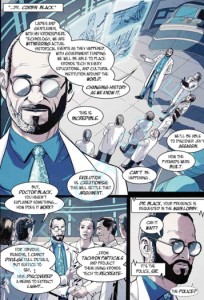 One of the highlights of running this tiny ship called the Comics Herald, is getting to review comics that I would never have potentially stumbled across otherwise. One such example is Zoe: Out Of Time.
One of the highlights of running this tiny ship called the Comics Herald, is getting to review comics that I would never have potentially stumbled across otherwise. One such example is Zoe: Out Of Time.
Written by J. Michalski and Alexander Lagos, with Derlis Santacruz on art duties and Oren Kramek on colours, on the face of it this is a boy meets girl time-travel story. And that’s exactly what it is, but it’s done in a fresh enough way to make it a fun read. Zoe is living in the year 2050 and is obsessed with a band from the 1990s and thanks to having a scientist dad who happens to have worked out how to travel in time, she heads back to 1990. It takes all of Issue #1 to set that up but it’s done in an entertaining enough way that it doesn’t make the story feel like it is waiting to start. In fact, I probably enjoyed Issue #1 more than #2 as once Zoe arrives in 1990, things get a little bit formulaic there for a while but the pace picks up toward the end.
The art is engaging and actually reminded me quite a bit of The Second Life of Dr Mirage, though on checking back on my issues of that the comparison isn’t totally valid. If I had to make a criticism of the colouring, it’s the heavy reliance of one-colour backgrounds that dominate a page or series of panels. Sometimes that’s exactly what you need for particular settings, but to me it seemed to dominate the whole book.
Overall I’ve really enjoyed the first two issues and I’ll be keeping an eye on the series. If you’re after another good independent digital comic to jump on, then give this one a go.
Find out more about Zoe: Out of Time over at their website.





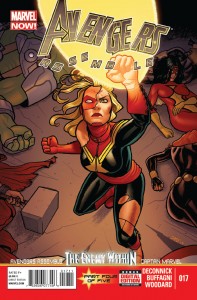

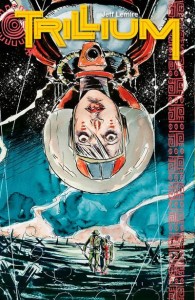
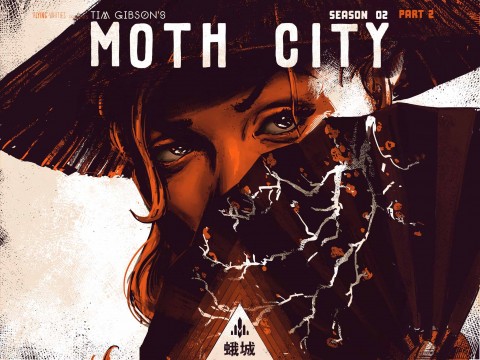
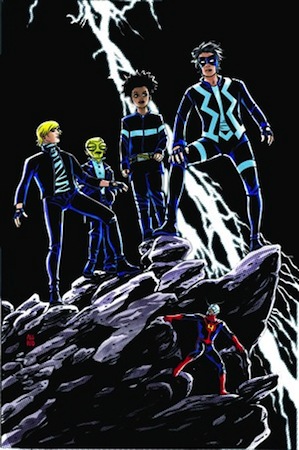
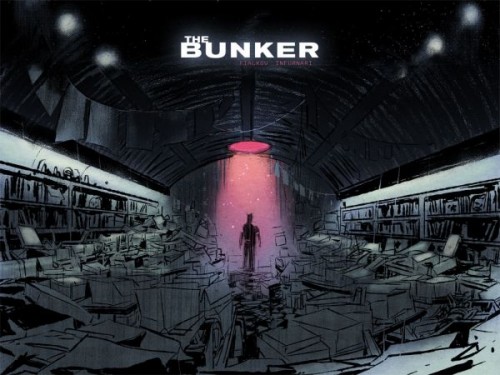
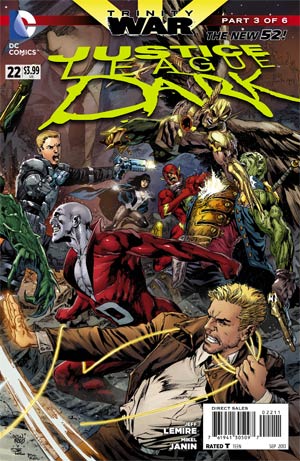
 RSS - Posts
RSS - Posts
Recent Comments